Sydney’s wealthiest area, Mosman, ranked among the riskiest places to eat in New South Wales according to the Food Authority’s annual report card, obtained by The Sun-Herald.
Overall, cafes, restaurants and takeaway shops in NSW received more than 2000 fines for hygiene offences over the past year.
.jpg) Although NSW has established Australia’s toughest hygiene compliance regime, one-fifth of the state’s 20,000 registered food sellers continue to put the health of their customers at risk.
Although NSW has established Australia’s toughest hygiene compliance regime, one-fifth of the state’s 20,000 registered food sellers continue to put the health of their customers at risk.
The NSW, shows food sellers failed more than 13,000 random inspections. That represents 26.3 per cent of the 50,005 inspections carried out in the 12 months to June 30, with some premises inspected three times or more.
More than 8000 warning letters were sent to restaurants and cafes by 153 local authorities. Improvement notices were sent to 1399 businesses and 2049 penalty notices issued.
The number of court prosecutions more than halved from 48 to 22 in 2009-10.
There are now nearly 1800 businesses on the state government’s ”name and shame” list.
Mosman – where the average annual income is $131,606 – ranks among the poorest for food hygiene.
Primary Industries Minister Steve Whan said he was pleased that fewer businesses had required re-inspection in the past year. The purpose of the report was ”so we can be alerted to where the problems lie and fix them’.’
A ”scores-on-doors” scheme, revealed by The Sun-Herald in April, is being trialled in 20 council areas until Christmas. Participating restaurants display a simple A, B or C rating. It is hoped the prospect of a poor rating will drive owners to maintain high standards of cleanliness.

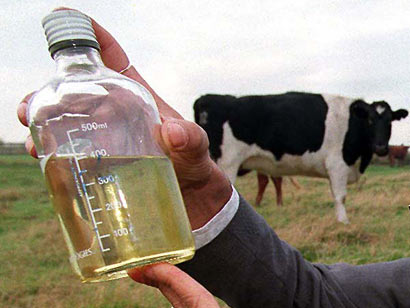 4pm yesterday after some people reported irritation to their eyes, treating 30 people at the scene, AdelaideNow said.
4pm yesterday after some people reported irritation to their eyes, treating 30 people at the scene, AdelaideNow said. I’d eat the stuff once a year, and immediately regret the indulgence.
I’d eat the stuff once a year, and immediately regret the indulgence..jpg) ”breading table” where chicken is floured before being cooked, and then onto the floor. ”He was like, ‘Oh, don’t worry’ … look, it’s only flour,’ and he grabbed it and he chucked it back in.”
”breading table” where chicken is floured before being cooked, and then onto the floor. ”He was like, ‘Oh, don’t worry’ … look, it’s only flour,’ and he grabbed it and he chucked it back in.”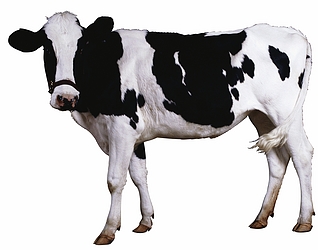 served as a Big Mac.
served as a Big Mac.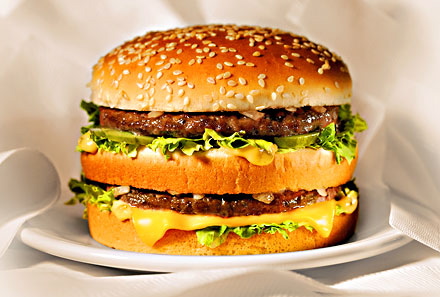 Government adviser, Red Meat Advisory Council secretary Justin Toohey said it was impossible to provide a guide to eating quality of meat to consumers based on a whole of animal approach, adding,
Government adviser, Red Meat Advisory Council secretary Justin Toohey said it was impossible to provide a guide to eating quality of meat to consumers based on a whole of animal approach, adding, Acting on a tip from a "confidential informant", a pat-down search on Plank after he arrived at Los Angeles international airport last November on a United Airlines flight originating in Sydney found two money belts strapped to his chest containing two geckos, two monitor lizards and 11 skinks worth more than $US8500 ($A9400).
Acting on a tip from a "confidential informant", a pat-down search on Plank after he arrived at Los Angeles international airport last November on a United Airlines flight originating in Sydney found two money belts strapped to his chest containing two geckos, two monitor lizards and 11 skinks worth more than $US8500 ($A9400). Some researchers from Canberra report in the current issue of
Some researchers from Canberra report in the current issue of 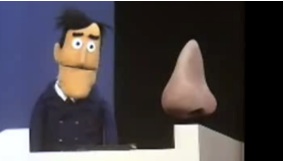 It means if you’re sick, don’t work.
It means if you’re sick, don’t work..jpg) name by Horace McCoy. It focuses on a disparate group of characters desperate to win a Depression-era dance marathon and the opportunistic emcee who urges them on to victory.
name by Horace McCoy. It focuses on a disparate group of characters desperate to win a Depression-era dance marathon and the opportunistic emcee who urges them on to victory..jpg)
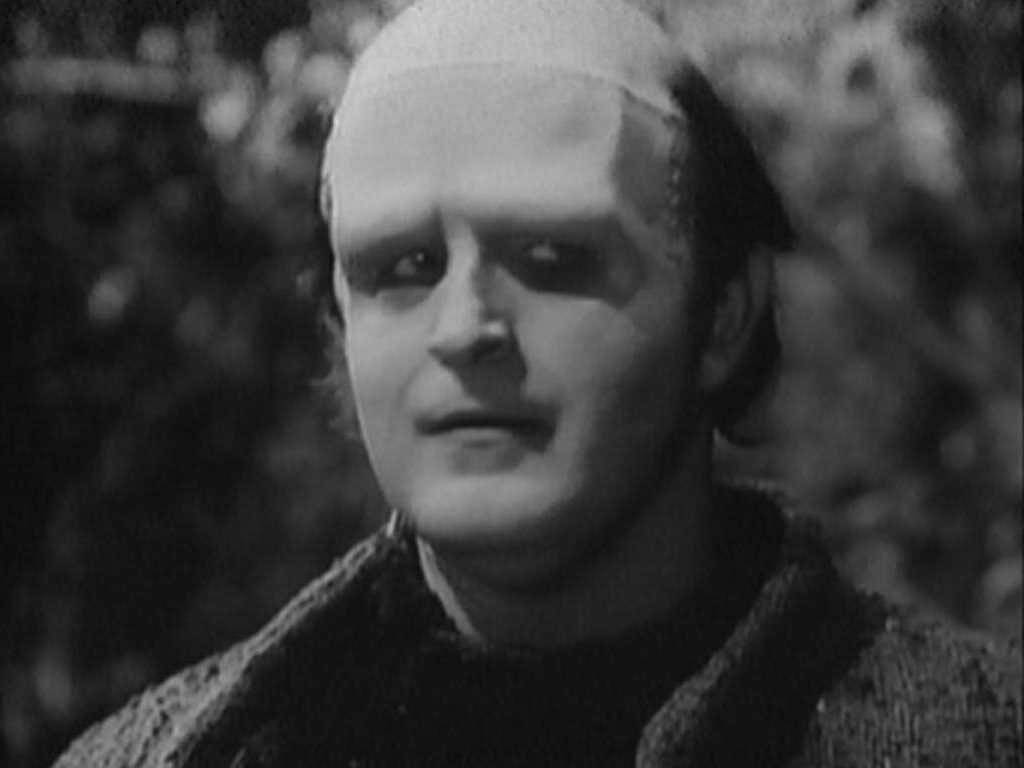 Christine Pobke said she had noticed something out of the corner of her eye as she unwrapped the muesli bar on Tuesday.
Christine Pobke said she had noticed something out of the corner of her eye as she unwrapped the muesli bar on Tuesday. in trashy cars with no mufflers.
in trashy cars with no mufflers.